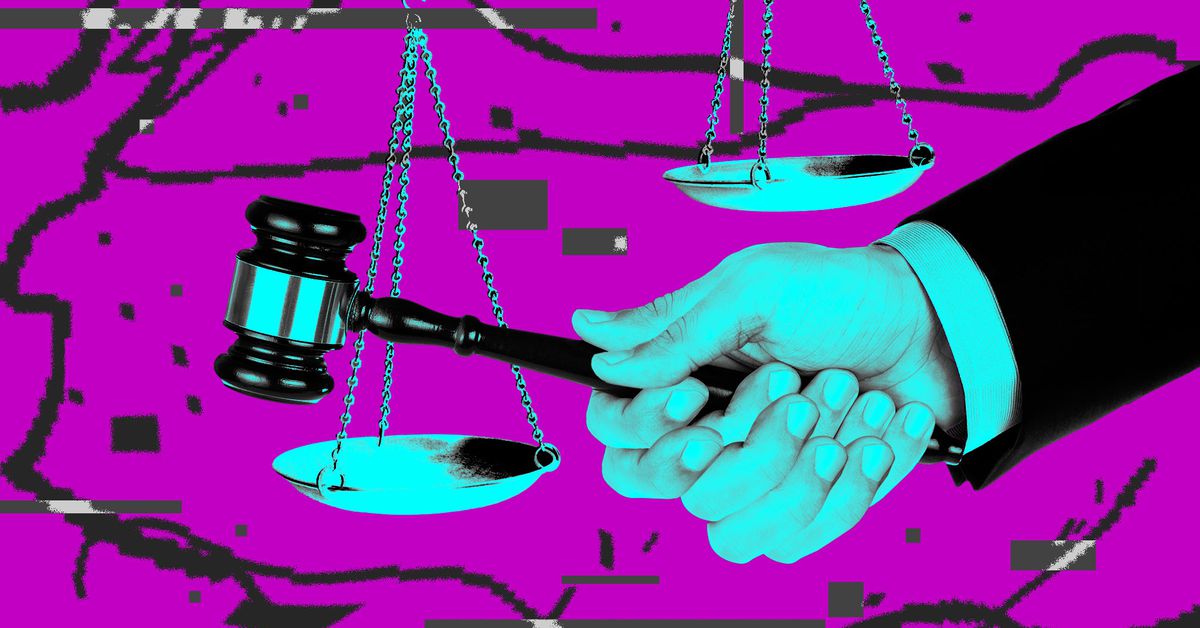A bipartisan group of senators introduced a new bill to make it easier to authenticate and detect artificial intelligence-generated content and protect journalists and artists from having their work gobbled up by AI models without their permission.
The Content Origin Protection and Integrity from Edited and Deepfaked Media Act (COPIED Act) would direct the National Institute of Standards and Technology (NIST) to create standards and guidelines that help prove the origin of content and detect synthetic content, like through watermarking. It also directs the agency to create security measures to prevent tampering and requires AI tools for creative or journalistic content to let users attach information about their origin and prohibit that information from being removed. Under the bill, such content also could not be used to train AI models.
Content owners, including broadcasters, artists, and newspapers, could sue companies they believe used their materials without permission or tampered with authentication markers. State attorneys general and the Federal Trade Commission could also enforce the bill, which its backers say prohibits anyone from “removing, disabling, or tampering with content provenance information” outside of an exception for some security research purposes.
(A copy of the bill is in he article, here is the important part imo:
Prohibits the use of “covered content” (digital representations of copyrighted works) with content provenance to either train an AI- /algorithm-based system or create synthetic content without the express, informed consent and adherence to the terms of use of such content, including compensation)



This is a very weird assumption you are making man. The quoted text you sent above pretty much says the opposite. It says everyone who wants to train their models wirh copyrigthed data needs to get permission from the copyright holders. That is great for me period. No one, not a big company nor the open source community, gets to steal the work of people producing art, code, etc. I honestly don’t get why you assume all the data scrapped before would be exempt. Again, very weird assumption.
As for ML algorithms having use, of course they have. Hell, pretty much every company I have worked with has used them for decades. But take a look at the examples you provided. None of them requires you or your company scrapping a bunch of information from randoms on the internet. Specially not copyrighted art, literature, or code. And that’s the point here, you are acting like all of that stops with these laws but that’s ridiculous.
The article is pro corpo, I’m looking at the bill and it’s quite clear where it’s headed.
None of what I mentioned is possible without the LLM that’s at its heart. Just training an LLM is a million or two in compute power. We don’t get the next generation for free if laws like this tack on an extra 80 million. 6 million for Reddit and that was when you could scrap it for free, and that’s just a drop in the bucket.